I came to the dark red door and knocked good and loud because the old lady had asked me to. When he flung open the door in anger, I swallowed my discomfiture and asked for the old lady.
“She’s not here,” he said. He had thick dark eyebrows and I imagined him as a much older man, when his eyebrows would turn white (but still be fierce). But he was young, maybe my age, with a sulky turn of mouth. He wore a soft gray T-shirt, and he leaned against the door in a proprietary way that made me think he must be the old lady’s nephew, or perhaps her grandson.
“I’m here on vacation,” I volunteered, and I could feel the eyebrows thinking So?
“My mother asked me to visit the old lady to see how she was. I come here every summer and I always visit her. She’s asked to see me.” I emphasized the “asked” so he could see that I was legitimate, no afternoon intruder in the quiet privacy of the old lady’s house.
My palms were sweaty in the heat of the day, and I wiped them against the back of my thighs, hoping he couldn’t see.
“Oh,” was all he said, but he stood aside for me to enter. “You better come in and wait. She won’t be long.”
There were almost no lights on, and all the windows were open. I walked straight to the kitchen, where I poured myself a glass of water from the fridge. There were postcards pinned to the fridge by magnets: depressing landscapes fringed by the usual palm trees.
“Who are you?” I said to the boy. “Are you her grandson?”
“My name’s Rohan,” he said with bad grace. He sat down in an ancient chair and fanned himself with a magazine, much as the old lady would. “She’s my aunt. I’m looking after her for the summer. She’s been sick.”
“I’m sorry to hear that. I’m Mira,” I said. He nodded.
“Where are you from?” he asked as I pulled my hair out of its loose bun so I could put it up again.
“Here,” I said. “I’m Indian.”
“Obviously,” he said. “Where are you visiting from?”
“America,” I said. “My parents live at the end of this street.” I brought the glass of water over and dropped into the chair opposite his. I meant to drink it slowly, but found myself unable to stop till I’d drained it.
“That’s why you’re not used to the Indian summer,” he said, pointing at my jeans. “That’s why you’re so dehydrated.”
Now I was as irritable as him, displeased at the idea that I was somehow a stranger.
“I visit every summer,” I said. He shrugged.
“Why wear jeans?” He himself was wearing loose khaki shorts. Underneath, he had unexpectedly beautiful calves for a boy: solid and reassuring. I wanted to touch them and see if they felt cool in the darkness of the room. Instead, I touched my own knees and felt how clammy they were, how stiff and unyielding on my thin legs.
“How long will she be?”
He said he didn’t know, maybe a half-hour, maybe an hour. It clearly made little difference to him. He went on fanning himself with the magazine.
“I’m going to go,” I said, and stood up. “I’ll – I’ll come back later.”
He was polite enough then, and walked me to the door, and stood on the step with his hands thrust deep in his pockets. In the late sun I could see that his face wasn’t as fierce as I’d thought. I felt confused and also angry: at him and myself.
“Bye,” I said, and headed off down the short street.
“Bye,” he called after me, but I didn’t turn. The road seemed to dissolve before me, in the way that deserts do when heat trembles in the air. I thought of the deep Southern states I’d never been to, and fragrance of cactuses (I refused to call them cacti) blooming against the sky. Desert, I decided, was the color purple.
When I got home to the air-conditioned comfort of my own house, my mother was making my favourite meal: idlis with spicy sambar and yogurt. I sat down at the dinner table and unbuttoned the top button of my jeans.
“Did you see her?” asked my mother, coming over and setting a steaming hot plate of the idlis down in front of me. My parents spoiled me thoroughly. When I insisted on washing my own clothes or cooking, they told me I could do plenty of both when I was back in America. “You’re so far away from us,” they told me repeatedly. “You live 8,214 miles away. Let us spoil you.” It made me terribly sad to think of my parents looking up this little fact: memorizing the exact number of miles across land and ocean that divided us in the strange urge to quantify their pain at missing me, to count what was uncountable.
“I didn’t.”
“Oh, Mira-”
“I went to her house,” I interjected quickly, soaking my idlis in the sambar until they were soggy. I only liked idlis if they were soggy.
“Wasn’t she there?”
“No,” I said, “but her nephew was. Rohan something. I told him I’d come back later. ”
“I know Rohan,” said my dad, who’d come up behind me to sneak an idli off my plate.
“Yeah?” I said.
“At least – I’ve never met him. I’ve met his parents. We were classmates.”
I ate two whole plates of idlis while my parents reminisced about their schooldays, and then I announced that I still felt hot and wanted to take a nap.
“As messy as your father,” said my mother with fondness, carefully laying down a towel over the puddle of sambar that I’d left underneath the plate.
I dressed carefully the next day, putting on a long skirt that my mother had lent me. The skirt was too wide in the waist, but I liked the embroidery, the way it smelt of my mother’s jasmine. I changed shirts twice before putting on a white kurta, and then braided my long hair all down my back to keep the heat out.
This time it was the old lady who answered, and she was overjoyed to see me.
“You’re so beautiful, Mira,” she said, and hugged her close. I could feel the small bird-bones in her back, her fragile hips. We sat down and drank glasses of iced rose milk. It was some time before I dared ask about Rohan.
“He’s out playing cricket.”
“In the afternoon?”
“I don’t know,” said the old lady. “He said he likes to play when the field’s empty.”
I said : “If you ever need anyone to take you to the doctor, please ask me. If Rohan’s ever busy, I’d be happy to.”
We talked for a long time. The old lady wanted to hear about my life and what I was studying at grad school, and when I told her I’d been awarded a special prize for my thesis, the old lady reached out to clasp my hands in hers. I let her.
When Rohan came in, he said teasingly: “You look very Indian, Mira. Quite different.”
I felt myself flush. I wanted to say something rude.
He sat down and stretched his legs out on the divan, and I felt again how attractive he was, how his slightly damp cricket whites glowed against his dark skin. I stayed for an hour longer, all the while gripping the folds of my skirt under the table, almost trembling.
After that I came every afternoon, always in the hope that he would be there. He usually was, and we’d talk about all kinds of things while the old lady set out snacks and forced us to eat far more than we could manage. Sometimes he wasn’t, and I felt so disappointed that I longed to hoist my skirts up and run the five miles to the cricket field just to watch him play. I thought about how he rolled his shirtsleeves above his elbows, and how he was tall even when he slouched. I didn’t sleep well, and when I came down in the mornings there were plum-colored bruises under my eyes.
“It’s the heat,” said my mother wisely. “I’ll make you something.” And she swept off to the kitchen to tell the maids to make something for “Miss Mira.”
“I had the air-conditioning on all night,” I said reflexively, but my mother couldn’t hear me.
One day the old lady wasn’t there.
“She’s at the hospital,” said Rohan. I told him how sorry I was and asked him if he was doing OK. “I can hear the blue in your voice,” I said, and immediately regretted it.
“What do you mean?”
“I have synesthesia, sometimes. I mix up my senses. I dream of letters in color and textures in music. It’s a condition. ” I stopped talking.
“What color is my name?” he asked, standing very close to me, so that all my senses were blurred and rushed as if I’d been riding a roller-coaster. I said the first thing I thought of: “Yellow.”
He was disappointed.
“Yellow? I don’t like yellow. Yellow is my least favourite color. ”
“It’s not all yellow. The R is yellow, and so is the W. Some of it is green. Like when you stand in a forest. It’s all dark yellows and green. Everything’s muted. ‘Rohan’ feels like standing in a forest.”
When I said it, I knew I’d said too much. Like the villain in a detective story, I’d blurted out, “But who poisoned him?” when nobody had told me that he was poisoned. I sat down in his aunt’s old chair and picked up the newspaper, holding it high up. I turned to the astrology section and began reading aloud like a little kid, “Cancer: You will make new friends and go on a trip this month. Look after your health. Your moon is in retrograde. You’ll find something you lost last month…”
He came over to me and kneeling, slowly pulled the newspaper out of my hand, so I had to look at him.
“Do you want me to kiss you?” he said, and I couldn’t answer, but he seemed to understand.
Later, he told me that he’d known all along, that he was even amused by it. I called him cruel, and he laughed, but turned serious again quickly.
“I was waiting for you to say something, I wondered if you would. But you never did. So I had to.”
We were sitting on the old lady’s terrace, and the dying sun shone brightly on us. I’d rolled my thin cotton shirt up to expose my stomach, and he’d taken his off. I’d never been so hot in my life.
“I don’t understand why you do this,” I said.
He gestured to the view. Before us lay the high buildings of the city, dipped in sunset. It was the color of the inside of oyster shells; it was all rose.
“I like the heat,” he said. “I like to see how much heat my body can take. Sometimes I feel as though I’m made of heat. But then a small breeze blows, and there’s relief and it feels better than anything else could possibly feel.”
I slid my shirt down over one shoulder and showed him how quickly the skin there had darkened.
“I’m actually tanning through my shirt,” I said, laughing, and he kissed my bare shoulder where it met my neck. I tilted my head back and felt the sun, as he’d said, coming from inside me: a small, secret source of radiance.
The old lady would be all right, the doctors said, but she’d be in the hospital for a while longer. I went to her house every day and Rohan would be waiting, answering the door almost before I knocked. Later in the evenings, we spent time on the terrace or inside his house where we could be alone, but the afternoons – the long, languorous afternoons- were our time to go out. All the while, I wondered if I was falling in love with him, or whether it was something much simpler than that. While regular people took siestas, we trampled through knee-high shrubs to get to the cricket ground.
“I thought you played with other people,” I said when it became apparent no-one else was there.
He smiled. “Now I’ve got you.”
“I’m a terrible player,” I warned as I swung my bat vainly at his oncoming ball. He bit his lip, trying not to laugh, and I threw the ball back at him for making fun of me.
“Do you want to go to the sea?” he asked me suddenly.
“What sea? Where?”
“The seaside’s only an hour away. We can go anytime you like. Do you like the sea or the mountains better?”
“Do I have to pick one?”
He shrugged. “People say that usually they like one or the other.”
I thought about it while I drew circles in the red earth with my bat. “I guess I like the mountains.”
He shook his head sadly. “We’ll never work out.”
“I’d still like to go to the sea,” I told him, and he promised to take me sometime.
We liked to go to the local dhaba, too – Rohan said they had the best fish in town. The men there stared the first time I went, but Rohan ordered for both of us and pretended not to notice. When the food came, it was everything he’d promised: the fish blackened at the edges just the way I liked it, seeming almost to sizzle in the pan, the charred insides baptized with lime juice so my mouth puckered when I bit into it. I felt as though I’d never really tasted food until now, and I looked around in wonderment at my shabby surroundings, at the men dressed in ratty trousers smoking hand-rolled cigarettes.
“I’ve never done this before,” I said. “Eaten at a dhaba.”
He shook his head. “You’re such a princess,” he said. Although I knew he didn’t mean to be unkind, the comment hurt me, and I pushed away the sharp knife they’d given me to fillet the fish with.
“You’re upset,” he said.
“I’m full.” I dropped some money on the table and got up. He was instantly contrite.
“You know what I mean, Mira. You don’t really live here. When you come, you don’t see the real country. You’re not spoilt, but you’re like that princess who lives in the tower – what’s her name, Rapunzel? You don’t see the ugly bits, the worn-down people.”
“Do I have to go to every slum to see the real country? Everything is real, Rohan. Everything is authentic.”
“You don’t act like that,” he said, and I knew he was right. “You act as though you’re discovering a strange place. You’re on holiday in the Heart of Darkness and I’m your tour guide.”
I turned my back on him then. He followed and told me I didn’t know the way home. I was thwarted even in my grand gestures, I thought, ruined by anticlimax. When he walked to my door, I ran inside before he could say anything.
I didn’t go to him for three days. I sat stubbornly in my own house, turning the air-conditioning higher and higher till my mother started complaining that she was freezing. It felt like I was rejecting him in rejecting the urge that led him to seek out the hottest places in the hottest parts of the day.
I remembered telling him that he’d be very comfortable in hell. Hell would feel like an ice bath to him, I’d said, and he’d said that he’d never know, because he planned on going to heaven.
On the fourth day, I knocked on the little red door. When he opened it, he looked at me for a long moment, and then we kissed.
“Not here,” I protested. “Someone will see.”
He took my hand and brought me up to the rooftop again, and showed me how he’d laid out cushions and a thin rug for us. His laptop was there too, and speakers were plugged into it.
“I thought you’d come today,” he said. “I had a feeling, so I brought this up here. Pick something for us to listen to.”
I didn’t care, but he was waiting, so I played the first thing my hand fell on. It was a song called ‘My Tears Are Becoming A Sea.’
“You’re a closet romantic.”
“Not closeted. I wear it everywhere I go. Everyone can see it.”
The music playing like fountain spray over us.
“What color is music to you?”
“All colors”, I replied truthfully. “It’s like seeing a rainbow in an oil slick.”
The song ended, but when I got up to play another he kissed me, hard, and pulled me back down on the rug that was still warm from our bodies. He put his hands on me, sliding up my skirt until I groaned. I peeled off his sweaty T-shirt, and felt his shoulder bones and kissed his neck and the tender hollows of his collarbones. Then he was inside me, and I was hotter than I’d ever been before, but I didn’t mind, because of the little breeze and the long shadows cast by the palm trees across our bodies like a blessing.
He never asked me a single question about, as he termed it, my “real life,” the life that was waiting for me at home. I was the one to bring it up when summer had begun to fade.
“They say it’s going to be an Indian summer,” I said one day when we were at the hospital, waiting to see the old lady. He held my hand, because he said that was the one place where no-one would mind public displays of affection. No-one would stare at us at a hospital, he explained, because I could be his dying sister. Nobody wanted to be rude to a dying girl.
“Every summer is an Indian summer.”
“Not here,” I said nervously. “Home. America.”
“Oh,” he said, and I could tell he wanted to say something more, but he didn’t. My gaze fell on the salted lime soda in my other hand. I watched the glass sweat; a long drop of moisture slid to the bottom.
“I’ll be back next summer,” I tried again. “I can come back in December, too. I know my parents won’t mind if I come twice a year – they’d love to have me.”
He shook his head.
“Mira,” he said, “I don’t live here. I’m only here to look after my aunt. I won’t be here next December, or even next summer. I’m sorry,” he said, looking right at me with his eyes that were the color of a summer campfire, rust-brown and smoky. That was his color, I suddenly knew, not yellow or even green. I’d mistaken it for a forest, but it was a fire. “You just live so far away.”
“8,214 miles,” I said. “That’s how far.”
“Right,” he said. “Well, even if you didn’t – I don’t think…” and his voice trailed off into a graceful pause.
Suddenly I felt I would scream if he said anything more at all, though I know he wanted to. I knew that he wanted to go on and say all kinds of things: like “I didn’t mean to hurt you,” or even “Maybe we shouldn’t have started this if we couldn’t continue it.”
I said: “Don’t get the wrong idea. I had a good summer. You know? We could have had another. That’s all I meant by it.”
“Okay,” he said, turning my palm up and kissing it. This, I knew, was something he liked to do: he liked to punctuate conversations with a kiss. But the kiss was never a comma or a question mark, it was always a full stop.
My parents knew I’d met someone, but they knew very little about it, or the fact that it had ended how it had. I’d always been private. Private – such a strange word, I thought, in its implication that other people are somehow public. I imagined the signs glowing in America: THIS IS A PUBLIC RESTROOM. THIS IS A PRIVATE RESTROOM. THIS IS FOR CUSTOMERS ONLY.
I tried to keep it private, but my mother caught me upset in the kitchen one day. I’d been slicing watermelon to help her make juice, and it was something I loved, although I was no good at cooking. It was so easy to cut watermelon, so easy and so hypnotic to sink my steel knife into the pale pink flesh, to turn it this way and that until three perfectly symmetrical slices fell from the parent fruit. Then I’d crush it with the back of my knife to release the sweetness, and this is what I had been doing when I started whimpering.
My mother came in and fetched me a paper towel. This is what I love most about her: her ability to be practical at the most sentimental of times, something I have never possessed.
“Well,” she said, “what is it? Did you cut yourself?”
“It’s only a little thing,” I told her, and I knew she understood that I didn’t want to talk about it. She hesitated for a moment, and then wiped my face. Perhaps she already knew all about it – mothers have such a mysterious gift of knowing.
“Do you feel feverish?”
“A little,” I admitted. “I feel a little delirious.”
“I know what you need. We’ll have it for dinner,” she said, and swept the leftover pieces of watermelon into the trash before pressing her hand (still cold from filling ice trays) to my cheek, and I felt that she did, after all, know what I needed.
He called the next day, and the next day, and the day after that, but I never answered.
Summer was ending, and I had to pack. I was right about it being an Indian summer, the heat lingered on, bright and fierce, well into August. But it didn’t matter to me anymore, I no longer ventured out in the afternoons. I spent them with my parents, who I knew were melancholy at the prospect that I’d soon be gone. We played chess and watched movies; went for walks at night. I let them talk about the people they’d known and the people they missed, knowing they didn’t have anyone else to tell.
On my last day there, my parents loaded my things into the car.
“We’re running late,” fretted my dad. “She’ll miss her flight.”
They bundled me into the back and set off, and I pressed my face to the glass, leaving the mark of my face on the fog-chilled windows. At the top of the hill, we passed the house with the red door, and I thought of how we never had gone to the beach, after all. And then I thought of the miles I would cross to go back home, to my other home. I thought of the old lady, and how happy she would be when I came back next summer.
Like I’d been mistaken about Rohan, I’d been mistaken about the color of summer. I’d thought it was the color of forests, of fires at their core, a bitter orange. But it was more like the sea when you stare at it for too long. It’s blue, like possibility. It’s not blue but transcendent, almost no color at all because it is every color; so dazzling that you look long after the tears are streaming down your cheeks.
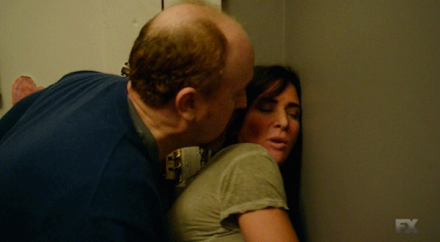
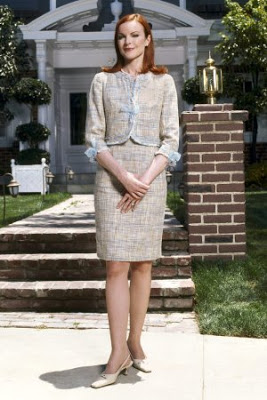
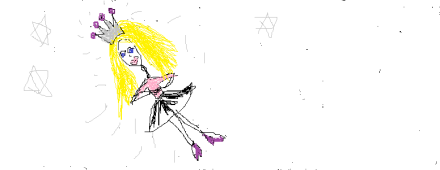
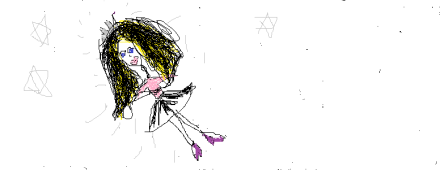
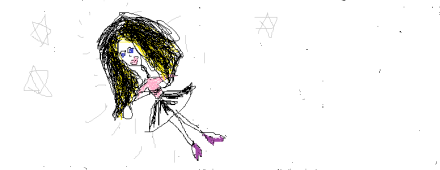
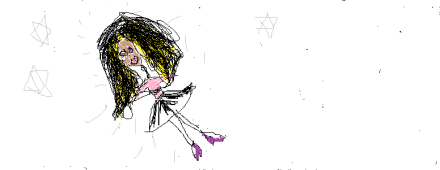
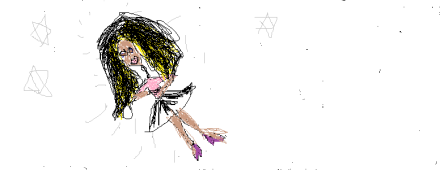
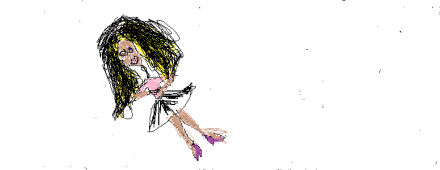
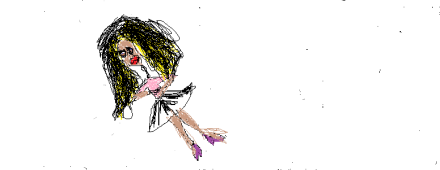
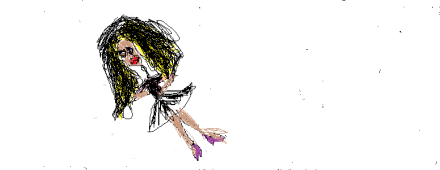
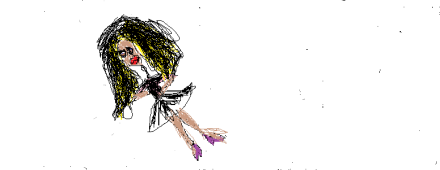
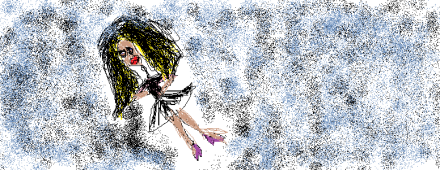

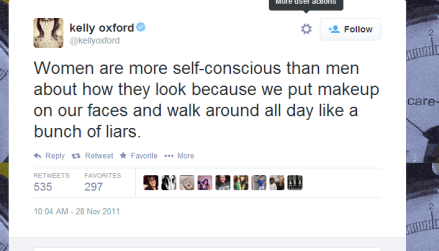
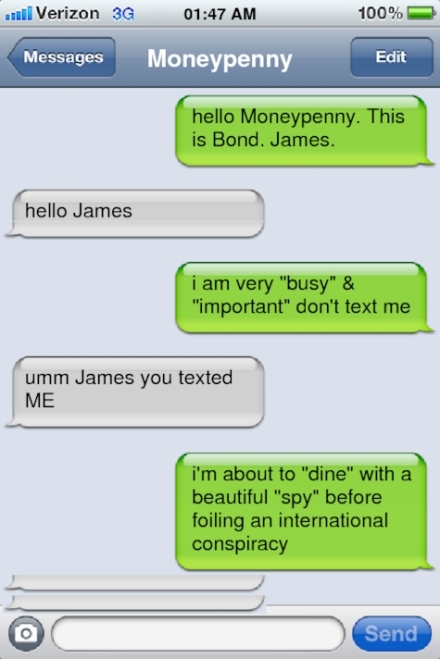

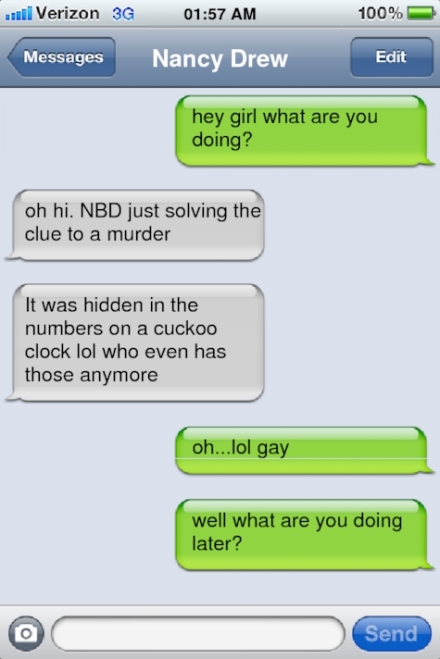
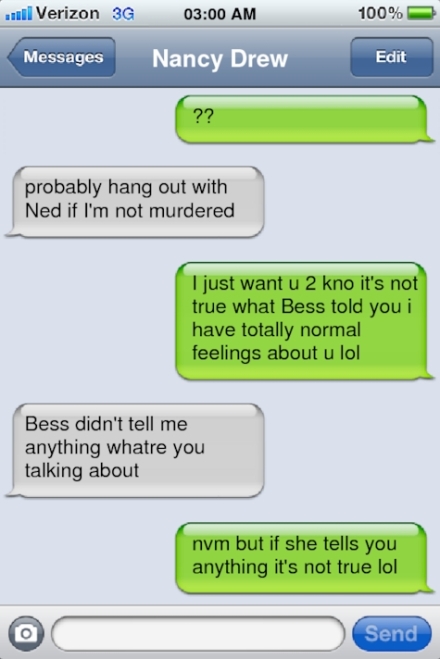
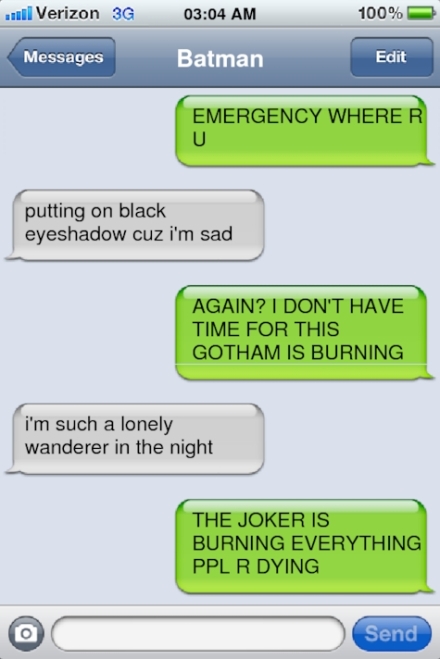
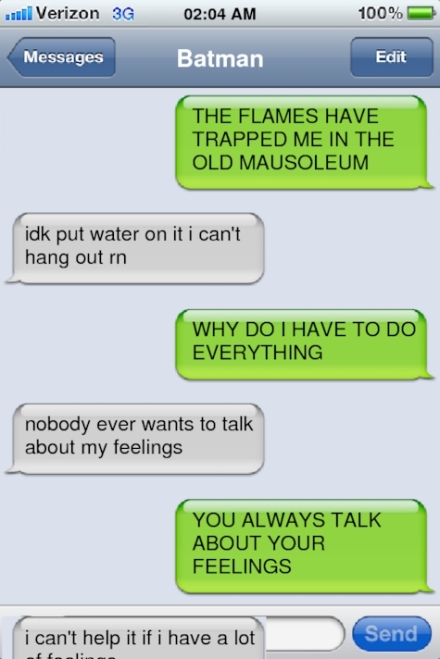
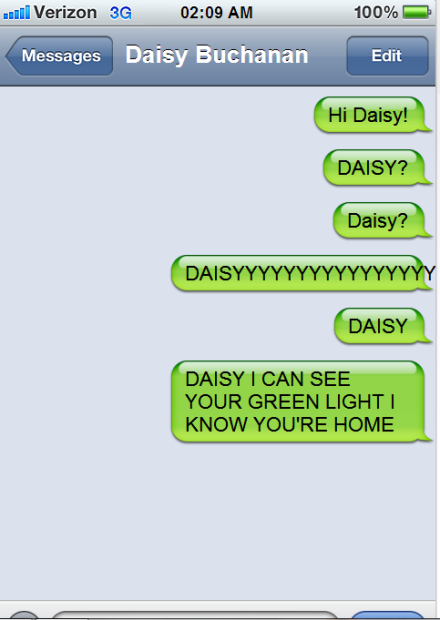
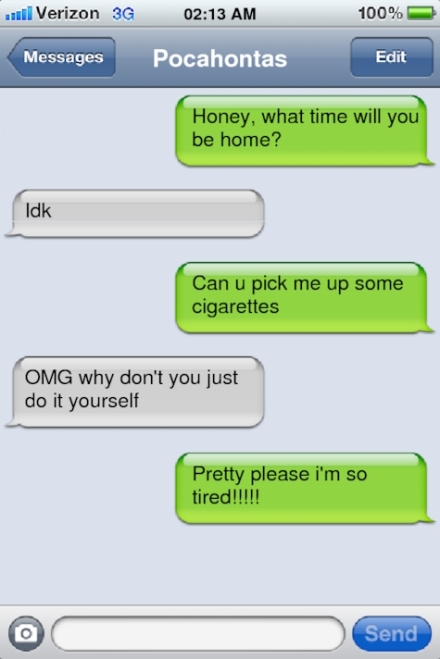


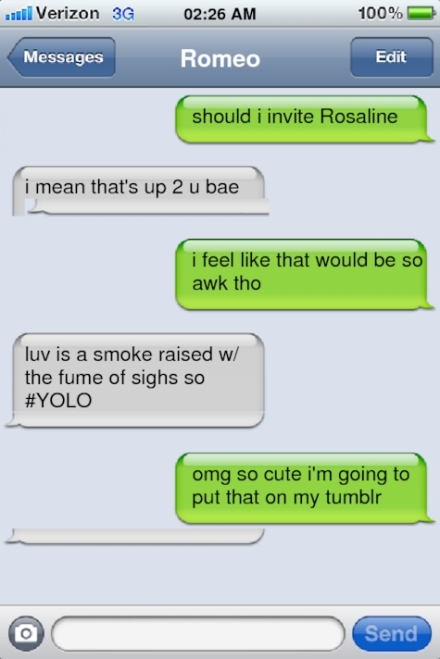
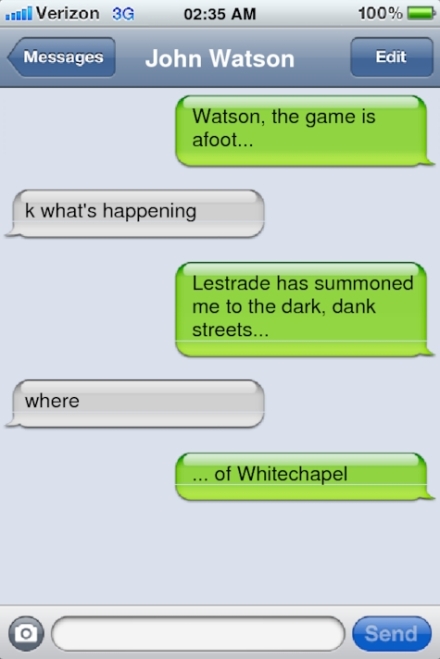
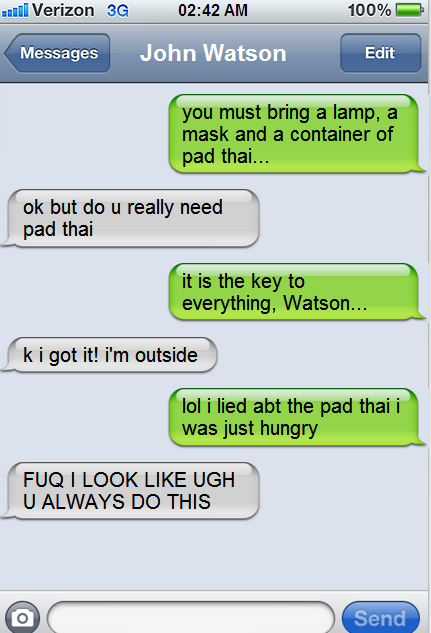
You must be logged in to post a comment.